What’s your business challenge?
Less Pressure – More Results
The best success comes when business leaders focus on their core business differentiators, steadfastly offloading distractions. That’s why partnering with the right IT consulting company gives you time, agility, and expertise. F12 was formed by uniting over a dozen IT entrepreneurs around a shared vision – to forge IT platforms that enable business leaders to focus and thrive.

Eject Distractions

Modernize Technology

Support Growth

Unlock Productivity
Interested in more information?
IT Services to Power Your Success
Solutions Partners
Complementary Whitepaper
The Challenge Facing IT Leaders: With IT companies experiencing the highest turnover and lowest job satisfaction, it is time for tough love. Most technology leaders are not doing a bad job; they’re stuck doing the wrong job. We created this complementary whitepaper to dive into this subject and share valuable, actionable insights.
We Provide Tailored IT Consulting Services to a Wide Range of Industries

Professional
Services

Financial
Services

Healthcare
Services

Industrial
Products

Retail
Trade
